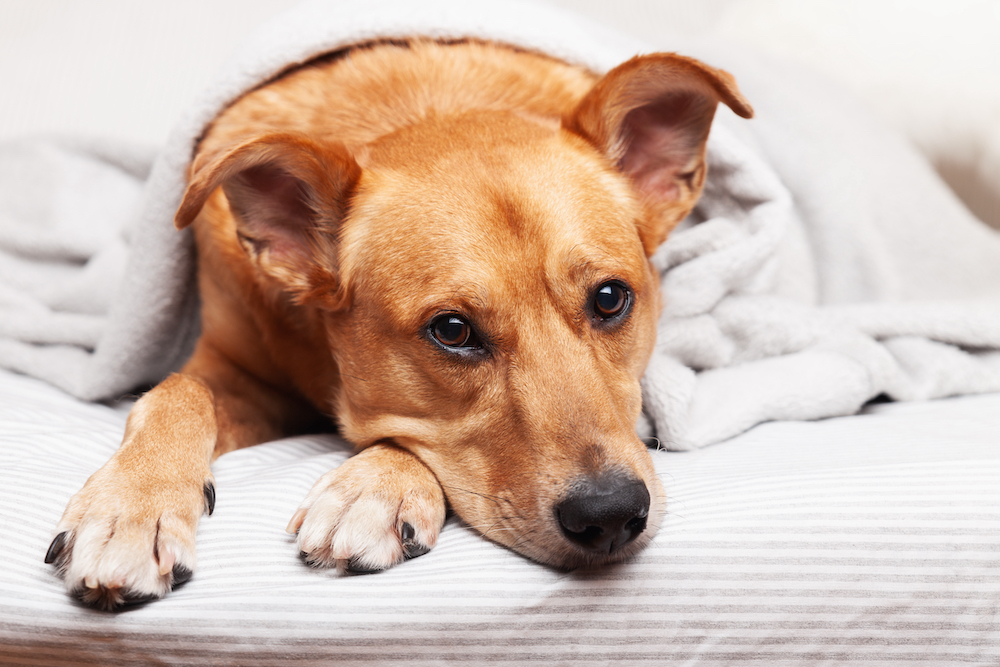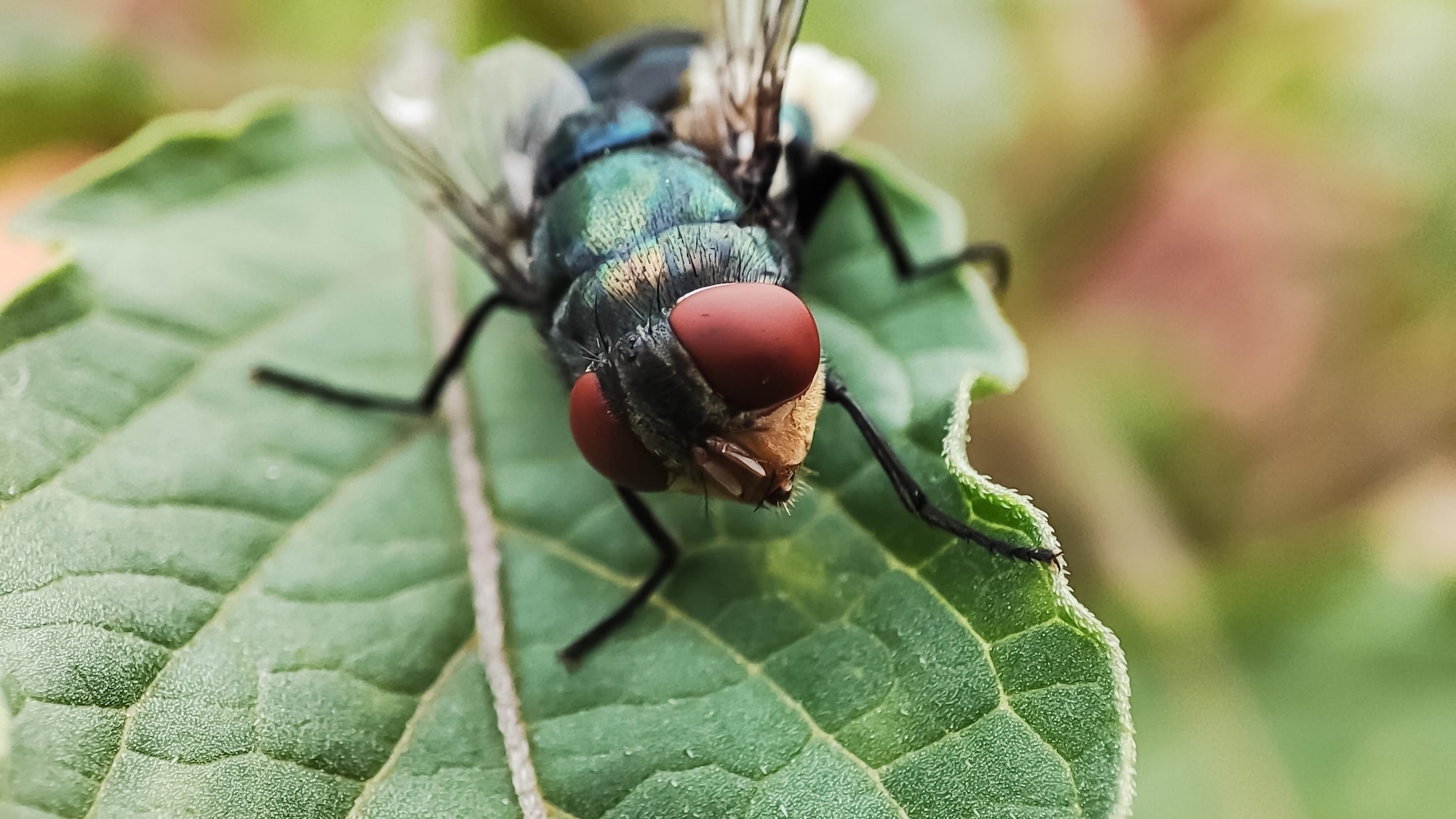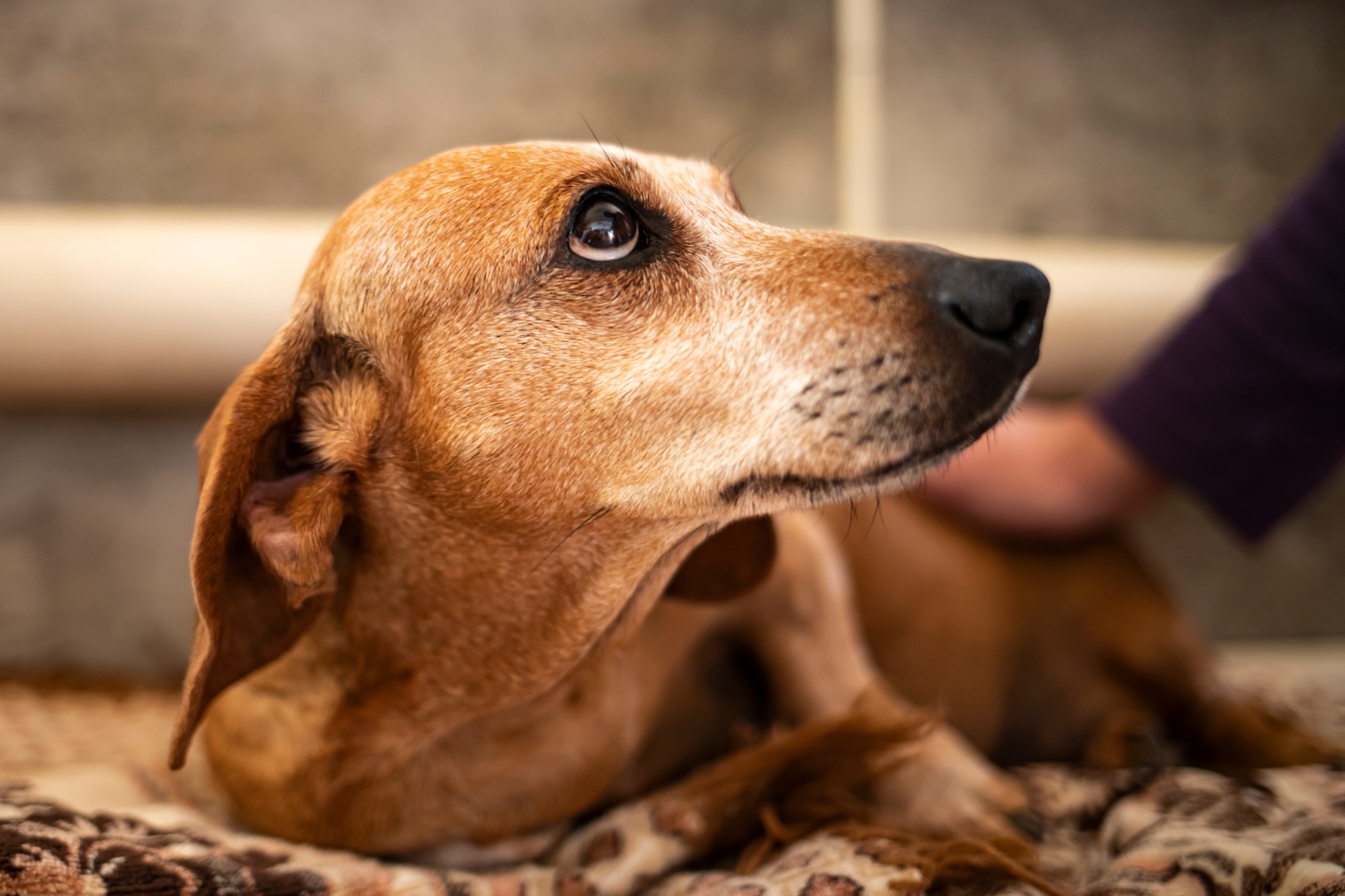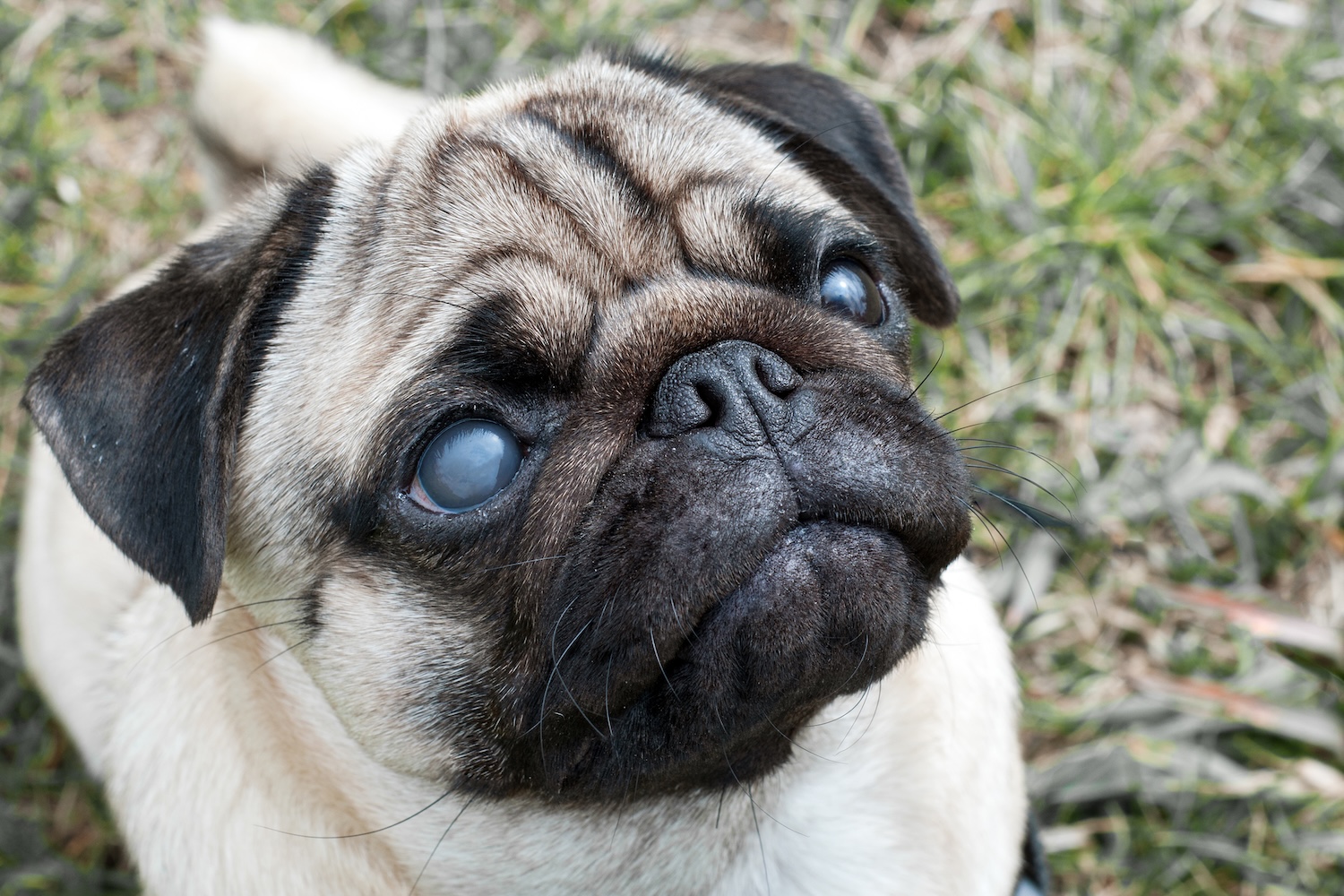A late-summer outbreak of a mystery illness among dogs in Michigan turned out to be parvo, reminding humans of the dangers the illness poses to their pups. Parvo is serious, but the good news is that there’s a lot humans can do to protect their dogs from the condition. Here’s an overview.
What is parvo?
Parvo is an illness caused by canine parvovirus type 2. Dogs with parvo may suffer from severe gastrointestinal problems, and the disease can be fatal. If you suspect that your dog might have parvo, it’s important to contact a veterinarian right away.
Parvo is a common affliction, but it hasn’t been around forever; the virus didn’t spread widely among dogs until the late 1970s.
What are the signs of parvo?
Signs of parvo include vomiting, severe diarrhea that may be bloody, fever or low body temperature, lethargy, weakness, and loss of appetite. If you notice any of these, call the veterinarian. A vet can diagnose parvo through an examination, fecal samples, and blood tests.
On average, it takes three to seven days after infection for a dog to show signs of the disease.
How can dogs catch parvo?
Dogs can contract parvovirus through direct contact with other dogs, as well as through their feces or objects and surfaces where infected dogs have been. The virus is very contagious, and can live a long time outside of dogs’ bodies. Furthermore, dogs can spread parvo for days before they seem sick.
Are puppies at a higher risk of parvo than adult dogs?
Yes. Puppies are at their greatest risk of parvo between six weeks—after the immunity passed on from their mothers fades—and whenever they complete their series of vaccinations, which could be at the age of four months or older. During that time, exercise extra caution around other dogs and in places where they could have shed the virus.
Being responsible, however, doesn’t mean depriving your dog of experiences that are vital to their development; work with your veterinarian to formulate a safe puppy-socialization plan. “Socializing your dog with friends’ or neighbors’ pets should be okay,” says Dr. Alex Schechter, DVM. “Just confirm that they are fully vaccinated. The bigger risk is in highly populated areas like dog parks and daycares, where you don’t know the other pets’ vaccination status.”

How do veterinarians diagnose parvo?
If a vet suspects parvo because a dog is showing signs of the illness, they may diagnose it through blood and fecal tests. Dogs with parvo may have a low white blood cell count, and different fecal tests may turn up pieces of viral DNA or virus antigens in stool.
Can I catch parvo from my dog?
No. While there is a version of parvovirus that can sicken humans, dogs carry a separate virus that does not infect people (and dogs can’t catch our type of parvo, either). Similarly, while cats can contract a version of parvo, they cannot catch it from dogs.
How can I prevent my dog from catching parvo?
There are vaccines against parvovirus, and getting your dog vaccinated against the virus is the surest way to protect them. Parvo is considered a core vaccine by the American Veterinary Medical Association, meaning that the organization recommends the shots for all dogs. The vaccines are very effective, but in rare cases vaccinated dogs may not develop immunity. Herd immunity helps make it less likely that these few dogs will get infected. If you have questions about vaccination, talk to your veterinarian.
Because dogs can catch parvo not only from other dogs but also from surfaces, you should thoroughly wash any place where an infected dog has been. It’s hard to kill parvo, but there are disinfectants that will work. Consult a veterinarian about what to use and proper instructions, though, as many cleaning products can be hazardous to dogs.
Is parvo treatable?
Parvo can be life-threatening, but most dogs who get treatment for it survive. Vets provide supportive care to dogs with the disease. This may include intravenous fluids, antibiotics, anti-inflammatory drugs, and medications to control nausea and diarrhea. Most puppies who receive medical treatment and survive the first four days of parvo will recover with no long-term effects.
This article was vetted by a vet.
Reviewed by Alex Schechter, DVM, founding veterinarian at Burrwood Veterinary.




